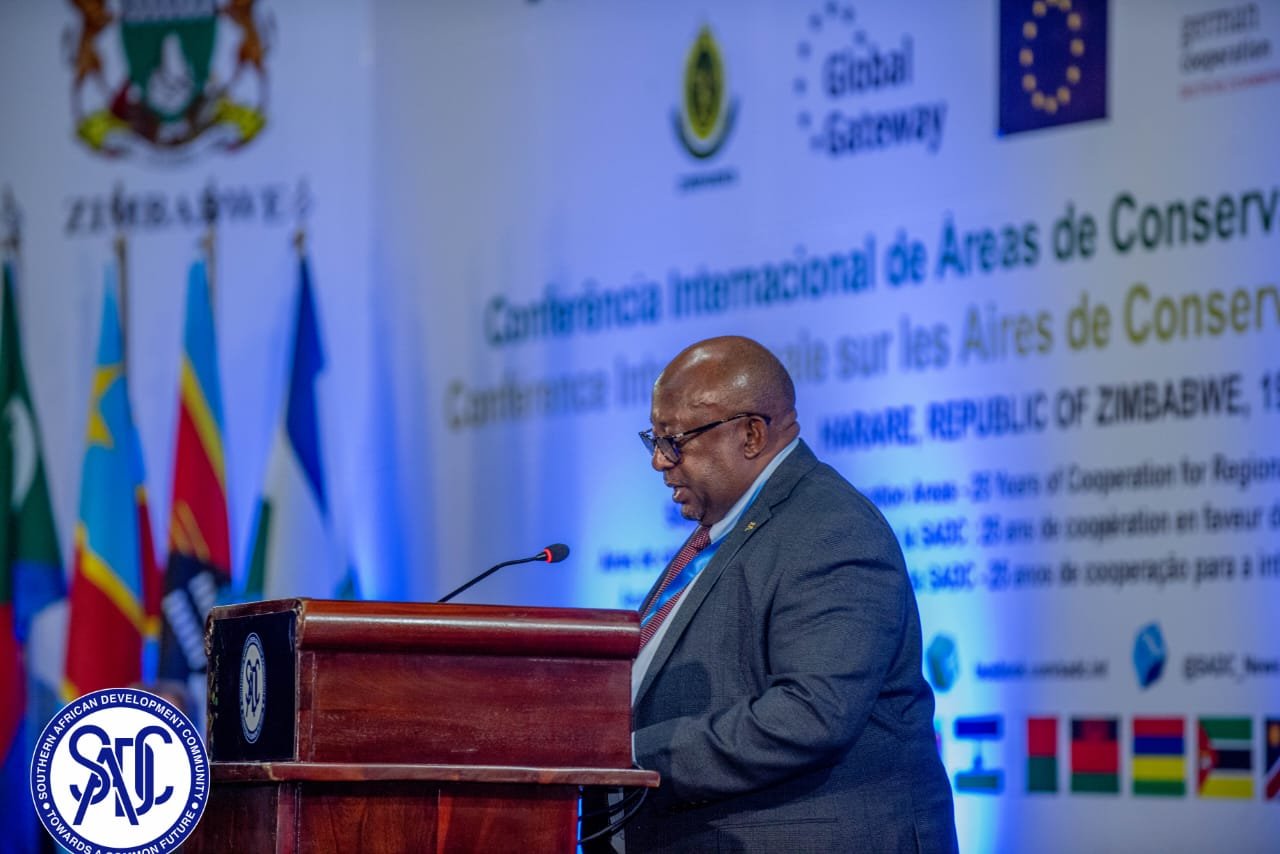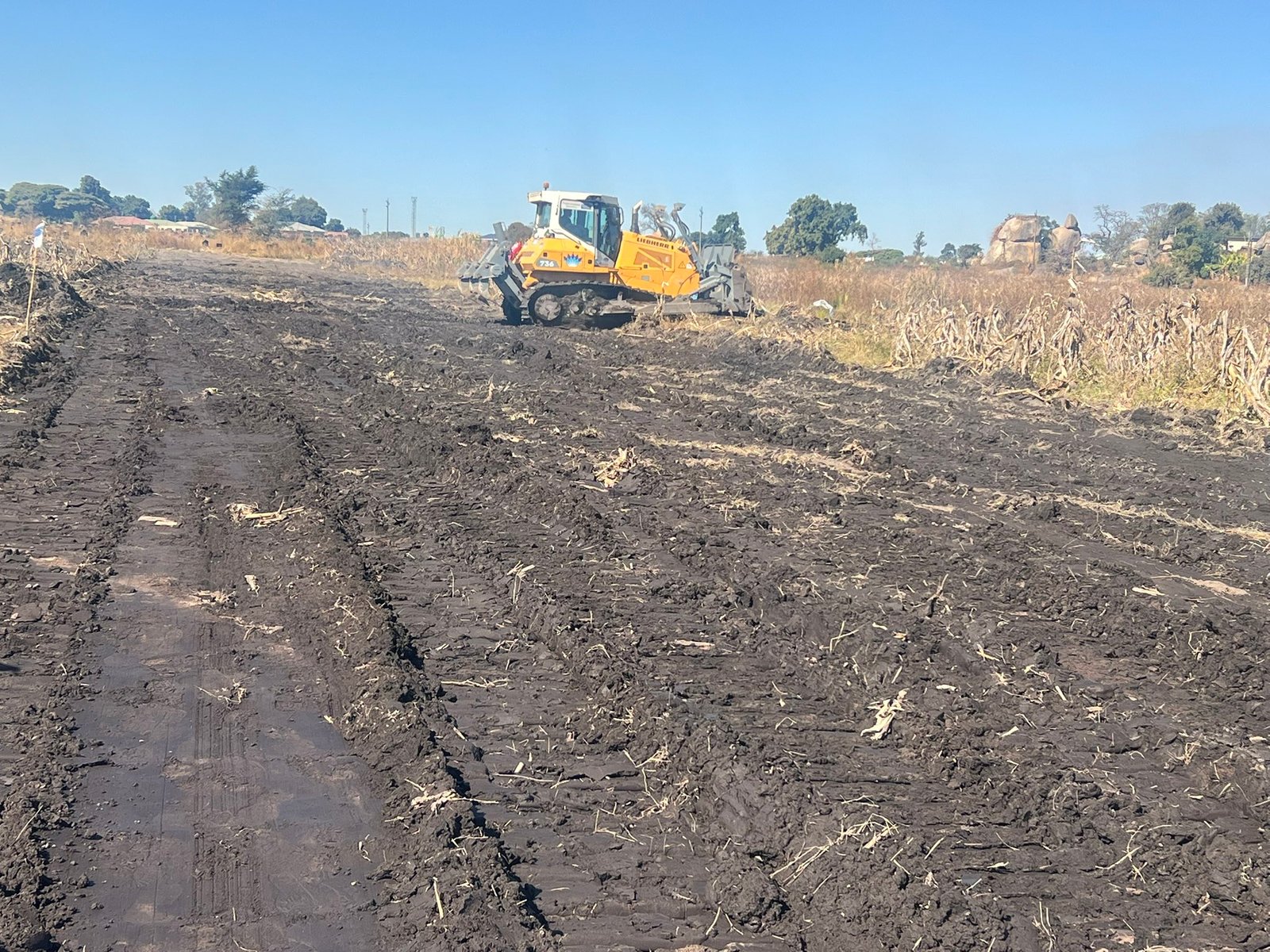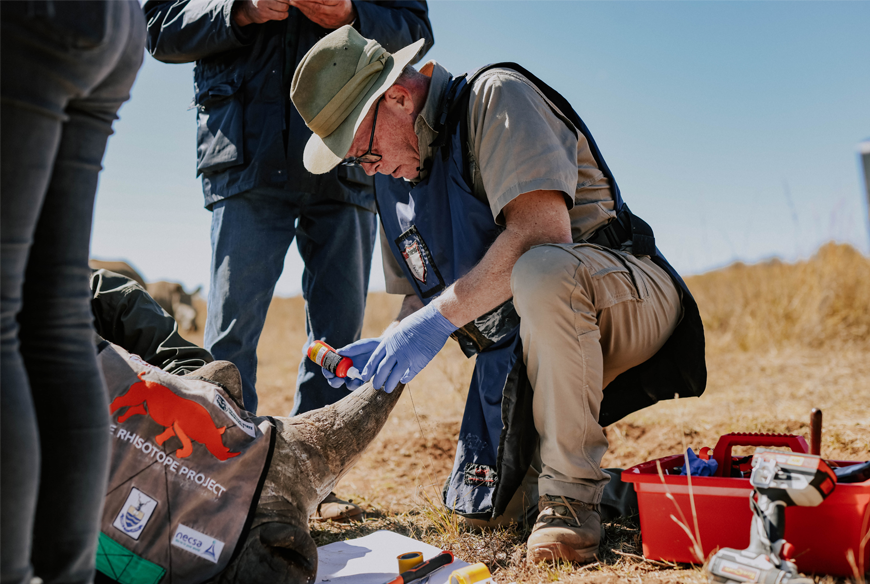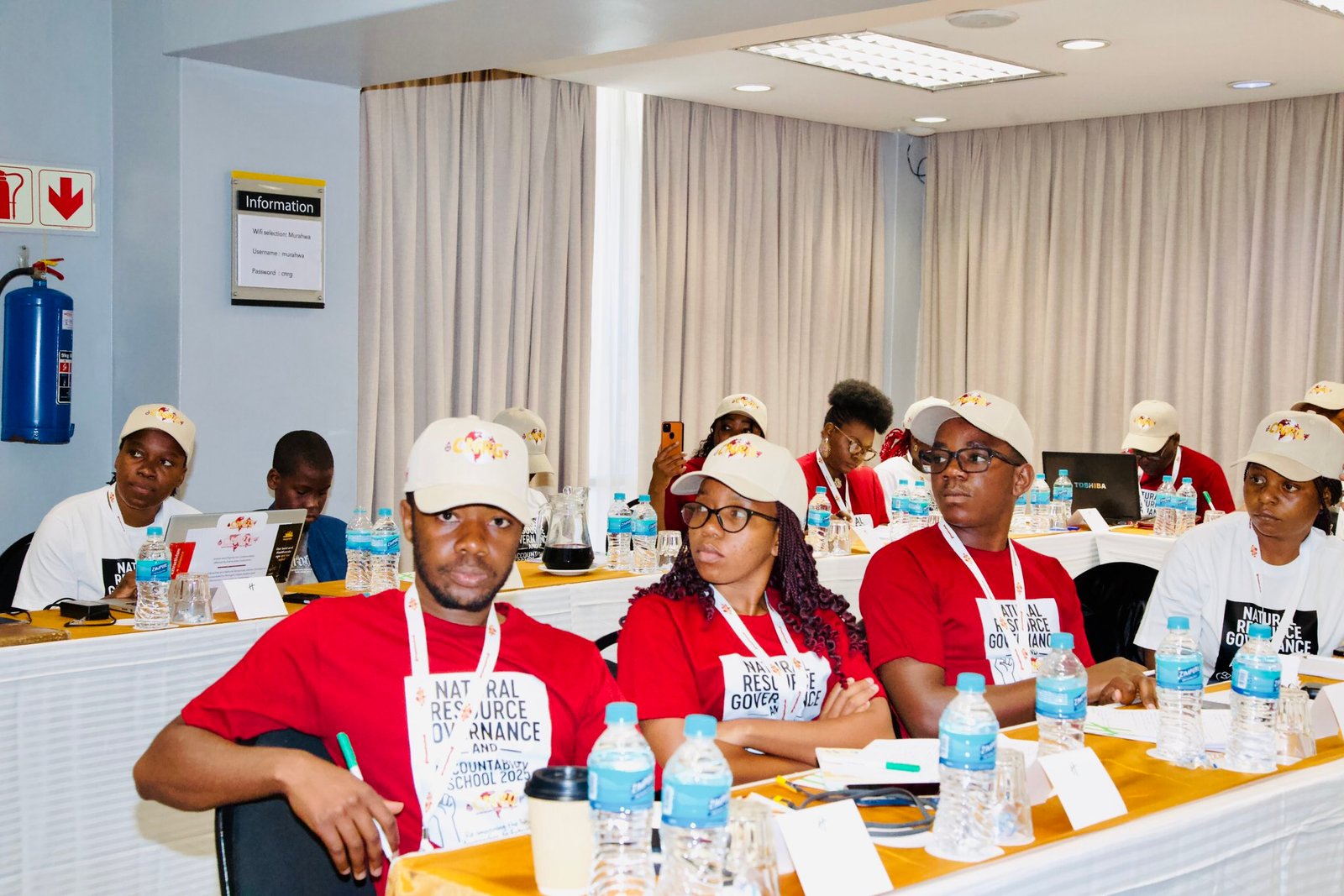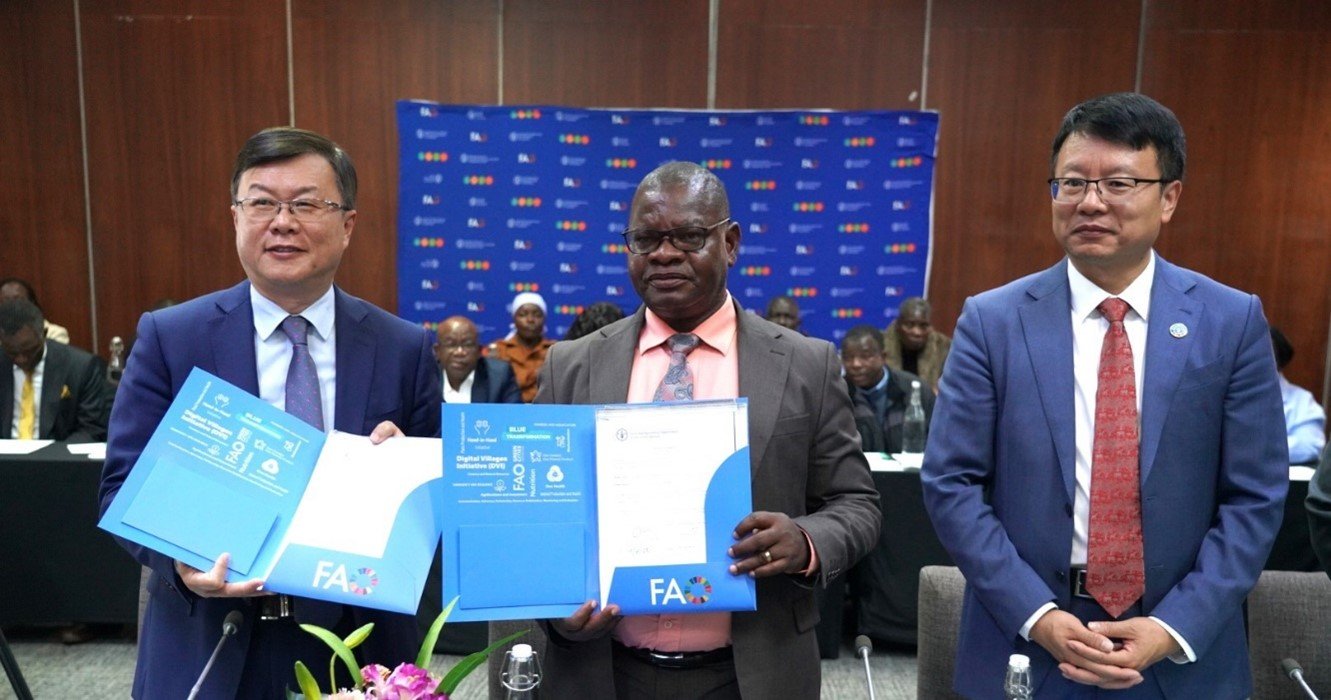Local communities must be placed at the heart of global conservation efforts to ensure long-term success and sustainability, Zimbabwe’s Permanent Secretary for Environment, Climate, and Wildlife, Ambassador Tadeous Chifamba, said on Monday.
During the Southern African Development Community (SADC) Transfrontier Conservation Areas (TFCA) in Harare running under the theme: TFCAs 25 Years of Cooperation for Regional Integration and Sustainable Development, the Permanent Secretary warned that sidelining indigenous voices risks undermining decades of ecological stewardship.
“Our TFCAs will serve no purpose if they do not prioritise the well-being and livelihoods of local communities,” he said.
The SADC TFCA programme, which marks its 25th anniversary this year, seeks to manage natural resources that span across borders collaboratively. The Permanent Secretary stressed that these shared landscapes can only be conserved effectively if local populations are actively involved and derive tangible benefits.
“There can be no conservation without local communities who since time immemorial have lived and carefully conserved the natural resources that we so dearly enjoy today,” he said
Ambassador Chifamba urged the conference to explore innovative ways to build the capacity of communities and ensure they are directly supported through the TFCA framework.
“We therefore need this conference to consider innovative ways of ensuring communities are well capacitated, supported and directly benefit from the TFCA programme.”
“We need to ensure that our institutions and communities are equipped with the knowledge and tools necessary to manage these shared resources effectively. Improved knowledge management will further enable us to make informed decisions and share best practices across borders,” he added.
The Permanent Secretary also called for stronger regional cooperation and improved governance frameworks to balance ecological protection with human development.
“I call upon the SADC Member States to create a robust framework that supports both ecological and human prosperity. This can be achieved by strengthening governance, fostering multi-sector partnerships, and advancing regional integration.”
Ambassador Chifamba highlighted the increasing threat of human-wildlife conflict, particularly in TFCA regions, where elephants and other species frequently damage crops and threaten rural livelihoods.
“Tied to this is the need to address Human Wildlife Conflict. This conference should ensure that all the available mitigation and response measures are explored and evaluated,” he said.
He called for a unified regional voice on conservation, emphasizing that the transboundary nature of Africa’s ecosystems requires collective action.
“We are at a pivotal moment where our collective actions can lead to transformative changes, benefiting not only our ecosystems but also the communities that depend on them.”

